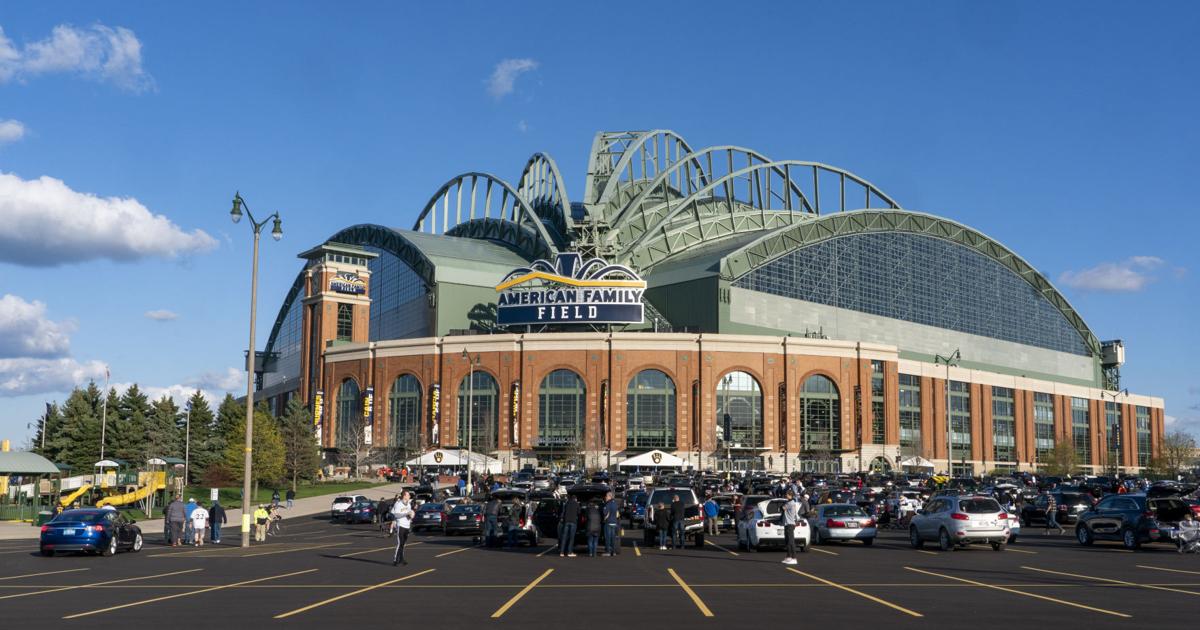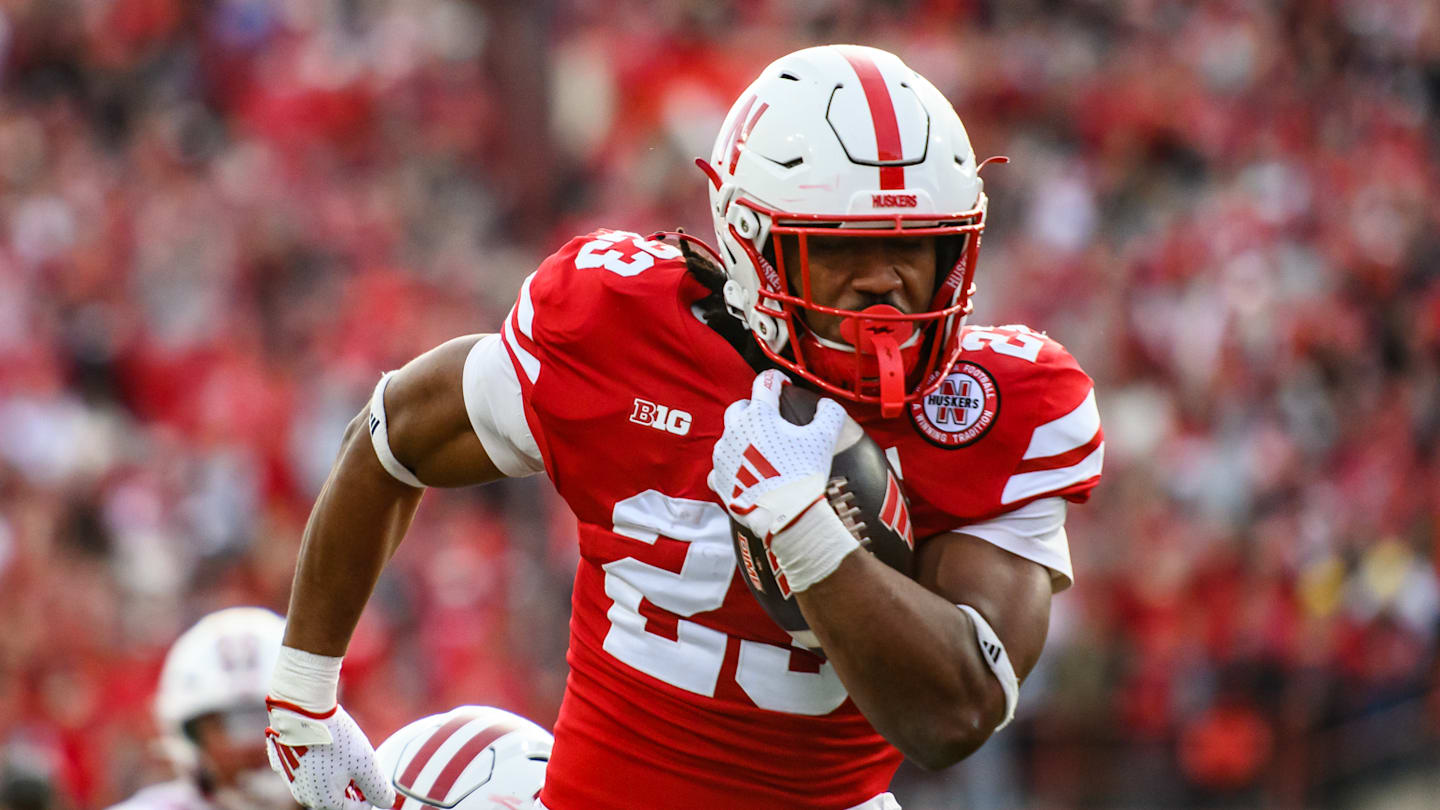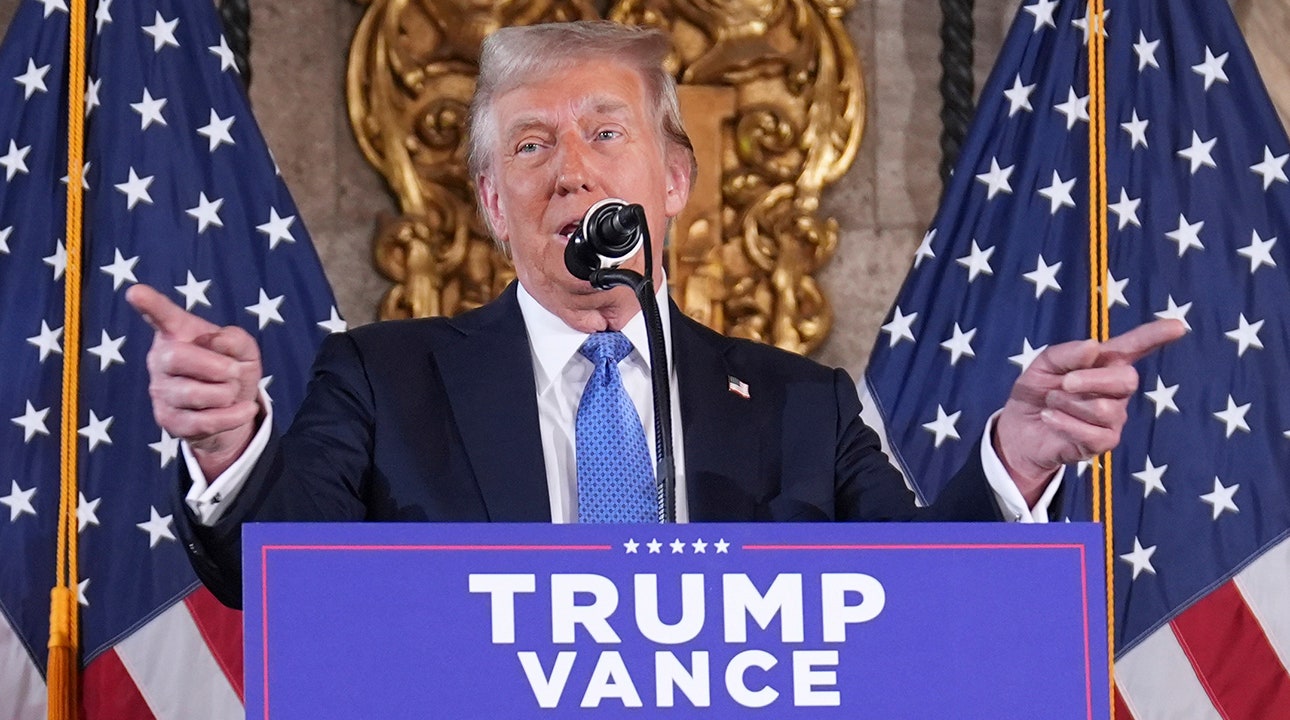Legislative Republicans announced a $700 million proposal Monday to cover maintenance and repair costs at Milwaukee’s American Family Field and keep the Brewers in Wisconsin until at least 2050.
The money would mostly come from state taxes paid by baseball players and team personnel, with another $200 million coming from the city of Milwaukee and Milwaukee County and an additional $100 million coming from the team.
“The deal … is good for the taxpayers, it’s good for the state and it’s good for the team,” Assembly Speaker Robin Vos, R-Rochester, said as he announced the plan at American Family Field.
The proposal would require the Brewers to remain in Milwaukee until 2050, Vos said. If the proposal doesn’t pass and the team decides to leave, the state would still be on the hook for funding stadium repairs but wouldn’t receive income tax tied from the team playing in Milwaukee, Vos said.
People are also reading…
The Brewers generate nearly $20 million in state and local sales taxes per year and could generate over $50 million per year by 2050, a Legislative Fiscal Bureau memo states.
Under the Republican draft bill, the money would go toward stadium repairs and winterizing the ballpark for concerts and other events, bill author Rep. Rob Brooks, R-Saukville, said.
For months, Wisconsin elected officials have been seeking ways to keep the Milwaukee Brewers in Wisconsin as team management says the team may leave the state if the Brewers don’t receive funding to repair the team’s stadium.
The current lease, held by the state-created Southeast Wisconsin Professional Baseball Park District, runs through the end of the 2030 season.
Wisconsin Speaker of the Assembly Robin Vos is flanked by State Rep. Robert Brooks, left, and State Senator Dan Feyen as they unveil a stadium repair funding plan aimed at keeping the Milwaukee Brewers in Milwaukee until 2050, during a news conference Monday at American Family Field in Milwaukee.
Earlier proposal rejected
Legislative Republicans earlier this year rejected Democratic Gov. Tony Evers’ budget proposal to spend $290 million of the state’s surplus on repairs to American Family Field in exchange for the team staying in Milwaukee until at least 2043. Republicans said the lease didn’t run long enough under Evers’ proposal and that the governor’s plan relied too much on the state’s projected $7 billion surplus at the time.
“While it’s good to hear Republicans are getting serious about keeping Major League Baseball in Wisconsin, it’s unfortunate Republicans rejected Gov. Evers’ commonsense proposal that ultimately would’ve saved taxpayers millions of dollars in the long run,” Evers’ spokesperson Britt Cudaback said in a statement.
Cudaback continued that Evers will review the GOP proposal and continue conversations to secure “a plan that provides additional flexibility and minimizes harm for local partners while ensuring we keep this important economic driver and thousands of jobs in our state.”
Vos said he expects the Legislature to vote on the new proposal in October.
Under the plan, $100 million would come directly from the Brewers.
Additionally, the state would spend $60.8 million next year and up to $20 million for each of the following years, for a total of about $411 million through 2050. That money would come from income taxes that Brewers employees and visiting teams pay directly to the stadium district, Sen. Dan Feyen, R-Fond du Lac, said.
The city of Milwaukee and Milwaukee County would spend a fixed $7.5 million per year, for a total of about $200 million.
“They have the most benefit by having professional baseball in their community,” Feyen said about Milwaukee citizens.

But Milwaukee officials oppose that provision.
In May, a Milwaukee County committee unanimously rejected spending local funds on funding ballpark renovations, the Milwaukee Journal Sentinel reported.
On Monday, Milwaukee County Executive David Crowley said he looks forward to finding a bipartisan solution to keeping the Brewers in Wisconsin, adding that the proposal should reflect the reality that Milwaukee County is facing a “significant fiscal deficit.”
Assembly Minority Leader Greta Neubauer, D-Racine, said the GOP proposal “falls short of recognizing the regional benefit of American Family Field and places too great of a financial burden on the city and county of Milwaukee.”
“We remain willing to continue conversations and hopeful that a bipartisan agreement can be reached,” Neubauer added.
Not only Democrats panned Republicans’ proposal.
“With most of the funding footed by taxpayers, Wisconsinites are unfairly on the hook for this one-sided sweetheart deal through 2050,” Megan Novak, Wisconsin director of the conservative Americans for Prosperity, said.
Brooks said he anticipates making some amendments to the proposal as it goes through the legislative process.
‘Good first step’
At a press conference later in the day, Rick Schlesinger, Brewers president of business operations, called the proposal a “good first step” and would support it if it passed today, The Associated Press reported.
“With a $2.5 billion statewide economic impact that supports thousands of jobs, maintaining a first-rate ballpark is crucial for the Brewers to compete and Major League Baseball to remain viable in Wisconsin,” he said in a separate statement.
Previously, a portion of funding for the stadium was generated through a five-county sales tax that imposed a 0.1% tax on residents in Milwaukee, Ozaukee, Waukesha, Racine and Washington counties. The Miller Park sales tax first went into effect in 1986 and was retired in 2020 by the Southeast Wisconsin Professional Baseball Park District.
Using funding from bordering communities outside Milwaukee County wasn’t a consideration in the current proposal, Vos said.




:focal(0x0:6048x4024)/static.texastribune.org/media/files/200cc9993008801ce2e4270df7e25684/1120%20Trans%20Lege%20JM%2008.jpg)























/cdn.vox-cdn.com/uploads/chorus_asset/file/25782636/247422_ChatGPT_anniversary_CVirginia.jpg)
/cdn.vox-cdn.com/uploads/chorus_asset/file/25789444/1258459915.jpg)

/cdn.vox-cdn.com/uploads/chorus_asset/file/25546252/STK169_Mark_Zuckerburg_CVIRGINIA_D.jpg)
